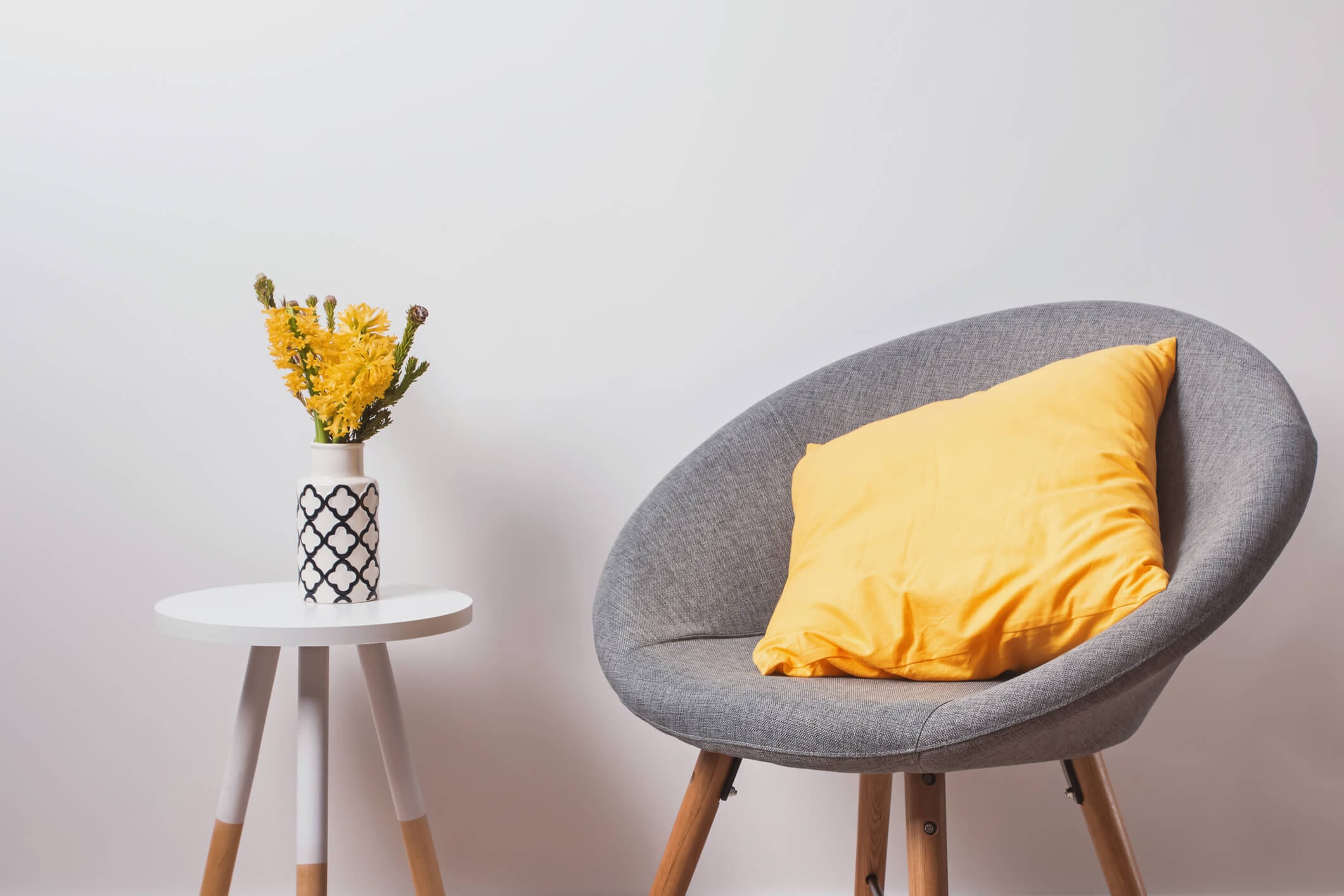
The first step in this process is to become aware of the profound influence your mind has on every aspect of your health & your life. Your earliest experiences will carry with them an emotional attachment which will either be positive or negative. The positive ones will enhance your self-esteem & confidence and the negative ones will be the seeds for insecurity & inadequacy. They all have an effect on your body’s chemistry for better or worse so if you have any long term pain, health or unhappiness issues they will most likely originate from your mind. These experiences and influences will continue throughout your life helping or hindering you along your life’s journey so managing your Mind will dramatically help improve your situation. The primary aim of the My Mind Gym is to create feelings of happiness which will ultimately promote mental & physical well-being. That is not to say that your diet and activity levels are not important to but My Mind Gym is just focusing in the brains influence.

Philosophy: It’s really important to understand what you are aiming to do in My Mind Gym so here is the philosophical mind-set to guide you:
- Take 100% charge of your life; ask yourself what can I do?
- Have total faith in your ability to solve any problems that might arise in your life
- Remember ‘What goes around comes around’ so give out love & positivity if that’s what you want back!
- Never underestimate yourself as Inadequacy & Inferiority are your Life Inhibitors!!
- See your life as your opportunity to SHINE & be your best!
Exercise 1: Journaling
At the end of each day get in the habit of writing about your day. If it’s been good be sure to appreciate all that has happened and even if it has been uneventful find some things to appreciate.
If it has been not so good, writing about it will help you become aware of and ultimately release those emotions attached to the event. It’s important to own your feelings as they come from you. We all have different perspectives and sensitivities and this exercise will help you recognize yours. It’s not good to harbour bad feelings about anyone or anything so trying to release those feeling will help your mind release its hold on you and your health. Looking to Forgive, Understand or Accept are crucial parts of this exercise and will help you get on your path to recovery.
Exercise 2: Word reversal
Divide a page into two with a line down the middle. On the left hand side write down all the negative adjectives& phrases (lies) you might say to yourself regarding your behaviour, your health, your job, your relationships e.g. useless, hopeless, failure, no good, waste of time, pathetic, always ill, disliked etc etc.
Now on the right hand side write the opposite word or phrase e.g successful, happy, healthy, capable, popular, fortunate etc
Tear off the left side and keep the right side with you to read regularly during the day; adding to it when appropriate.
Exercise 3: Vision Board
Make a list of all the good things in your life; make a list of all your aspirations & dreams in relation to your mental & physical Well-Being, your work & prosperity, your relationships and finally your connection with God/Universe.
Once you have this list use Google to find a picture representation of the words you have used and then add them to a piece of A4 paper and create a vision board of all the good things in your life. Regularly look at this vision board.
Exercise 4: Speedy Mindfulness
Mindfulness is a crucial part of the work you will do in My Mind Gym so following this simple routine will help your mind switch off and your healing and repair process switch on. This will allow you to achieve your full potential physically & mentally. Mindfulness is the art of just being present in the moment, relaxing and just allowing the outside world to pass you bye.
-
- Find somewhere quiet and sit down and close your eyes.
- Place your hands on your lap and be aware of your feet on the ground and your back & legs against the chair.
- Take 3 deep breaths feeling the air fill your abdomen not your chest.
- Be aware of the quietness of where you are (but don’t block out any sounds just acknowledge them).
- Be aware of any sensations in your body.
- Let your breath dictate your state and just allow the air to flow in and out.
- If any thought intrude just increase your awareness of your body & breathing and allow them to go. The same with any intruding sounds.
- Just stay like this for as long as you can.
- Repeat as often as you can.
If you would like any further assistance with any Stress Management please feel free to contact me at info@irvingboxer.com




Recent Comments